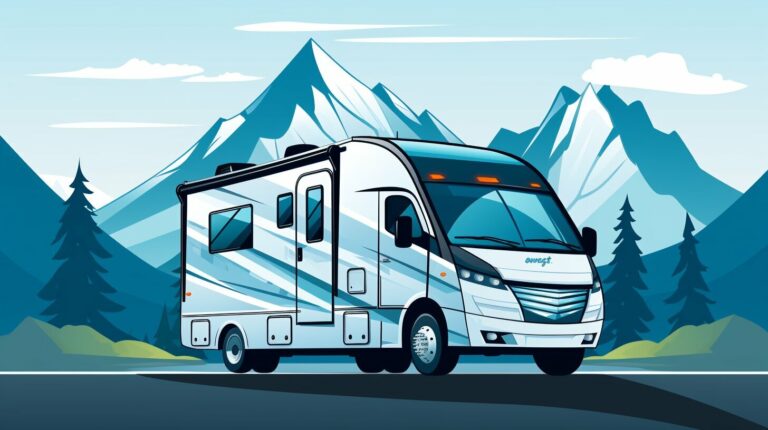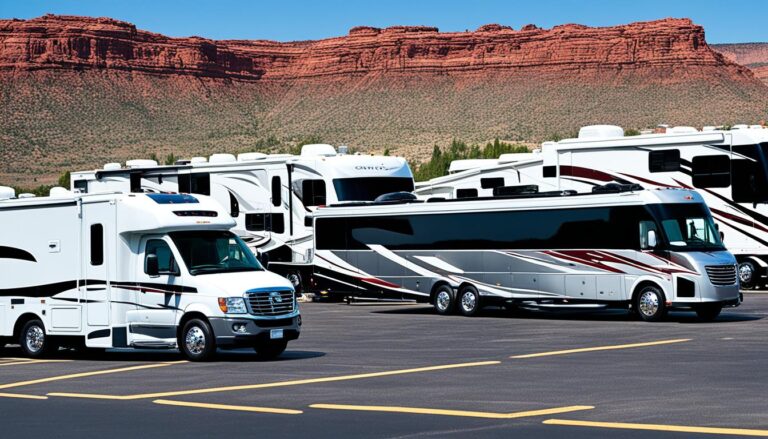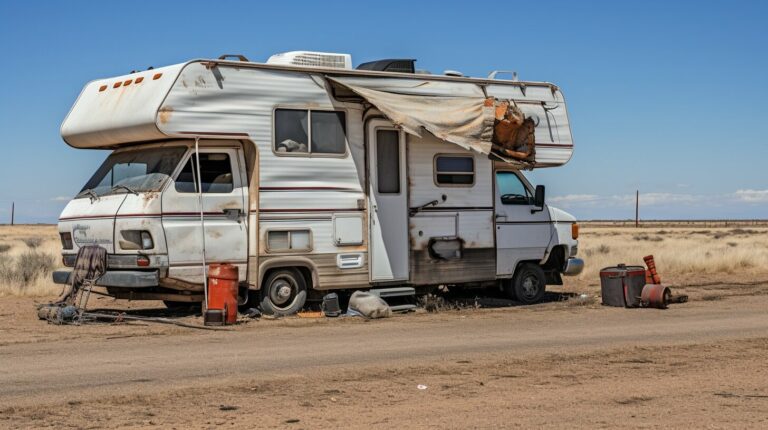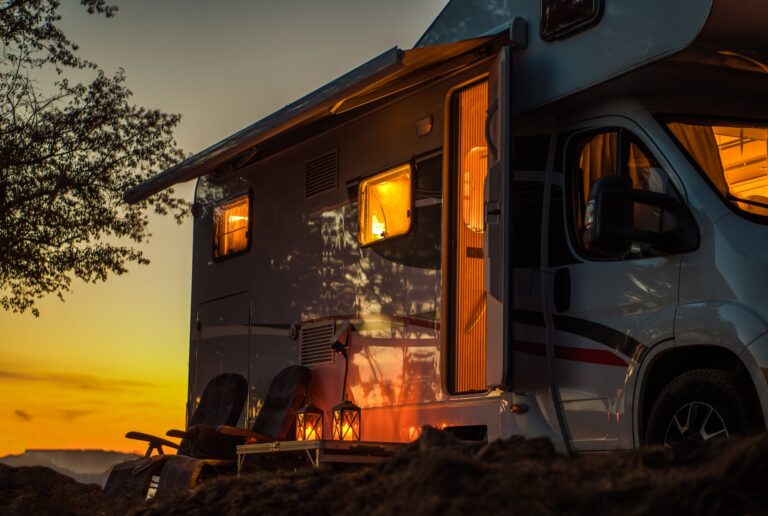If you’re new to the RVing world, you might be surprised to find out how vital the role of your RV battery is. It powers your lights, runs your appliances, and ensures that your RV experience is as comfortable as it can be. In this comprehensive guide, we’ll take you through the different types of RV batteries, their maintenance, and some troubleshooting tips to keep your journey smooth and enjoyable.
Understanding RV Batteries
RV batteries are the lifeblood of your recreational vehicle. Unlike the battery in your car, which provides a quick burst of energy to start the engine, an RV battery, also known as a ‘deep cycle’ battery, delivers a steady amount of power over a long period.
The first step in understanding RV batteries is to familiarize yourself with the different types available:
1. Lead-Acid Batteries
These are the traditional types of batteries and are often the most affordable option. They come in two types: flooded (or wet cell) and sealed. Flooded batteries require regular maintenance, including topping up with distilled water. Sealed lead-acid batteries, which include Absorbed Glass Mat (AGM) and Gel batteries, are maintenance-free and safer to use, but they come at a higher cost.
2. Lithium-Ion Batteries
These batteries are newer to the market and are more expensive, but they provide several advantages. They’re lightweight, have a high energy density, and can be discharged deeply without significant capacity loss. They also require little to no maintenance.
RV Battery Maintenance
Proper maintenance can prolong the life of your RV battery and ensure it performs optimally. Here are some tips to keep your battery in top shape:
3. Regular Inspections
Check your battery regularly, especially before a trip. Look for any signs of damage or corrosion. Clean the terminals with a mixture of baking soda and water if you notice any buildup.
4. Keep Batteries Charged
Batteries should never be left discharged. A discharged battery can sulfate, leading to a reduction in capacity and lifespan. Whenever possible, keep your battery charged. Solar panels, generators, or shore power can be used to maintain battery charge when your RV is not in use.
5. Water Levels (For Flooded Batteries)
If you have a flooded lead-acid battery, regularly check the water levels. The plates should be fully submerged. Use distilled water to top up if necessary. Never overfill, and always avoid contact with the acid in the battery.
6. Avoid Overloading
Overloading your battery can damage it. Know the capacity of your battery and manage your power usage to avoid discharging it too deeply. As a general rule, you should not discharge your lead-acid battery more than 50%, while lithium-ion batteries can be discharged up to 80%.
Troubleshooting Common RV Battery Issues
Even with proper maintenance, you may encounter issues with your RV battery. Here are some common problems and how to troubleshoot them:
7. Battery Drains Quickly
If your battery is draining faster than it should, it may be due to overloading, or there may be a ‘phantom load’ – something that’s drawing power even when you think everything is turned off. Check all your appliances and systems, and consider using a battery monitor to help manage your usage. If the problem persists, have your battery tested.
8. Battery Not Charging
If your battery isn’t charging, the problem could be with the charging system, not the battery itself. Check your charger, connections, and any sources of charging (solar panels, generator, shore power). If everything seems in order, have your battery tested.
9. Swollen Battery
A swollen battery is a sign of overcharging and is a safety hazard. This issue is typically more common with sealed lead-acid batteries. If you notice this, replace the battery and have your charging system checked to prevent reoccurrence.
10. Battery Not Holding Charge
If your battery isn’t holding a charge, it could be old or damaged. Batteries have a limited lifespan, and as they age, their capacity reduces. If your battery is relatively new and still under warranty, have it checked and replaced if necessary.
Choosing the Right RV Battery
Choosing the right RV battery depends on your specific needs, including the power requirements of your RV, your travel habits, and your budget.
11. Assess Your Power Needs
Make a list of all the devices and systems in your RV that use battery power. Check their power ratings (usually listed in watts or amps) and how long you typically use them each day. This will help you estimate your daily power usage and determine the capacity you need.
12. Consider Your Travel Habits
Do you prefer boondocking or staying at powered campgrounds? If you frequently camp without hookups, you’ll needa larger battery bank or a way to recharge your batteries, like solar panels or a generator. If you mostly stay at campgrounds with power, your battery capacity can be smaller.
13. Budget
While it’s tempting to go for the cheapest option, remember that you often get what you pay for. Cheaper batteries may not last as long and may require more maintenance. Consider the total cost over the battery’s lifespan, including any maintenance costs and the potential cost of a premature replacement.
14. Space and Weight
Batteries can be heavy and bulky. Make sure you have enough space and that your RV can handle the weight, especially if you’re considering adding extra batteries.
15. Environmental Impact
Consider the environmental impact of your battery. Lead-acid batteries contain harmful substances but are widely recyclable. Lithium-ion batteries are less harmful but currently less recyclable.
Conclusion
Understanding your RV’s battery system is crucial for maintaining a comfortable and worry-free lifestyle on the road. By knowing the different types of batteries, how to maintain them, and how to troubleshoot common issues, you can ensure a reliable power source for your adventures.
Remember, your RVing experience is powered by your batteries. They run your lights, your water pump, your refrigerator, and all the other comforts that make your RV a home on wheels. Treat them well, and they’ll keep your journey bright.
The world of RV batteries can seem complex at first, but with time and experience, you’ll become proficient. As always, when in doubt, don’t hesitate to seek help from professionals or more experienced RVers. The RV community is known for its helpfulness and shared knowledge.
Don’t let the thought of battery maintenance intimidate you. Yes, it requires some learning and effort, but the freedom and satisfaction of RVing are well worth it. So, keep learning, keep exploring, and enjoy the wonderful world of RVing. Safe travels and happy camping!






